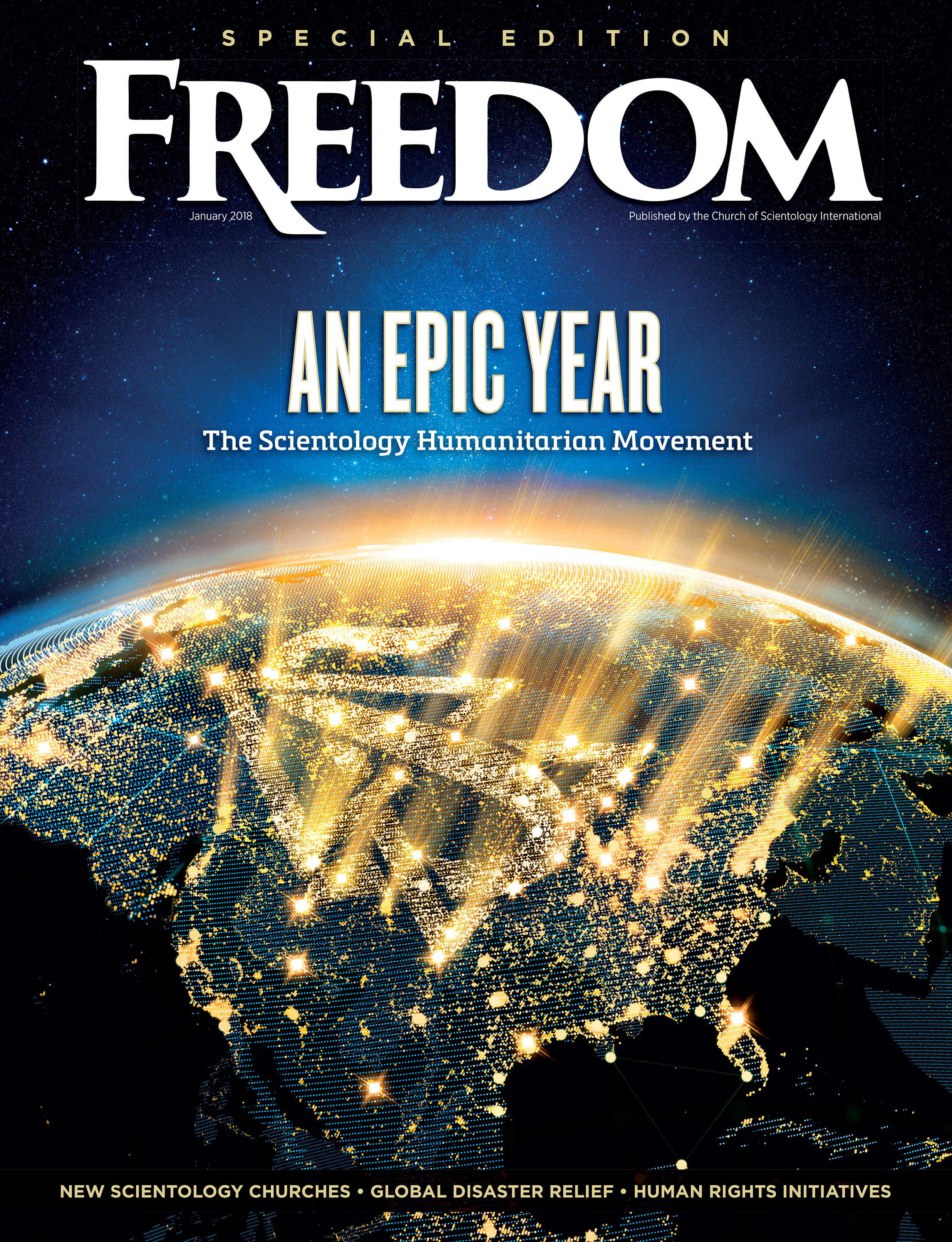The numbers are staggering. From September 29 to October 4, the massive operation, dubbed “Liberterra II,” rescued 3,222 potential human trafficking victims and netted 2,517 arrests as a result of monitoring nearly 24,000 flights and carrying out nearly 8 million database checks.
Law enforcement agencies and other stakeholders of multiple countries set up operational units in Argentina, Senegal, the Philippines and North Macedonia to facilitate cooperation and sharing of intelligence. Authorities conducted police raids, reinforced border points and sent officers to known trafficking hotspots.
Victims are also forced, often suffering physical and psychological abuse, to perpetrate fraud and other dark crimes on a grand scale.
“In their relentless pursuit of profit, organized crime groups continue to exploit men, women and children—often multiple times over,” observed INTERPOL Secretary General Jürgen Stock. “While still preliminary, the results of this operation highlight the vast scale of the challenge facing law enforcement, underscoring that only coordinated action can counteract these threats.”
INTERPOL Executive Director of Police Services Stephen Kavanagh, commenting on the implications of the global operation for the future, said: “Beyond providing a snapshot of global trafficking and migration trends, the operation served as a vital capacity building opportunity for countries, fostering relationships between specialized units, and enhancing cross-agency collaboration.”
The trafficking of human beings, a $236 billion-a-year industry, has long been perceived as a funnel for sex and slave labor. But like all fast-growing industries, the temptation to diversify was too great. Revealed in the INTERPOL-UNODC operation was that victims are also forced, often suffering physical and psychological abuse, to perpetrate fraud and other dark crimes on a grand scale.
In West and Central Africa, for example, victims were forced into exploitative scams. In one case, 24 Togolese women were promised employment. Instead, they were charged up to $6,000 each to operate a multilevel marketing scheme, and forced to lure others to join.
In the Philippines, a warehouse raid uncovered more than 250 people, mostly Chinese nationals, running phony romance scams—using a fake online identity on a dating site, professing love, then “needing money” or the victim’s bank account, etc., in industrial quantity.
In Kenya, the Transnational Organized Crime Unit found around 100 victims confined in a four-bedroom house. The victims reported being beaten and coerced into contacting family members for money.
In North Macedonia, raids on houses, businesses and nightclubs netted 13 arrests on charges of human trafficking, drug trafficking and money laundering. The 32 potential victims—all women—were brought into Macedonia from countries including Albania, Colombia, Russia, Serbia and Ukraine.
In Syria, authorities identified a group of doctors suspected of organ trafficking.
INTERPOL notes that 116 countries and territories participated in Operation Liberterra II. These include democracies, dictatorships, monarchies and colonies, spanning all races, religions and ethnicities on Earth.
There is a term to describe when many unite against a common enemy: “frontism.”
The nations of the world have demonstrated that, when the same scourge threatens all, they can act together as one to destroy it.
Possibly, some nations will also learn the corollary of that fact: If we can unite to destroy something evil, we can also unite to create something good.






















